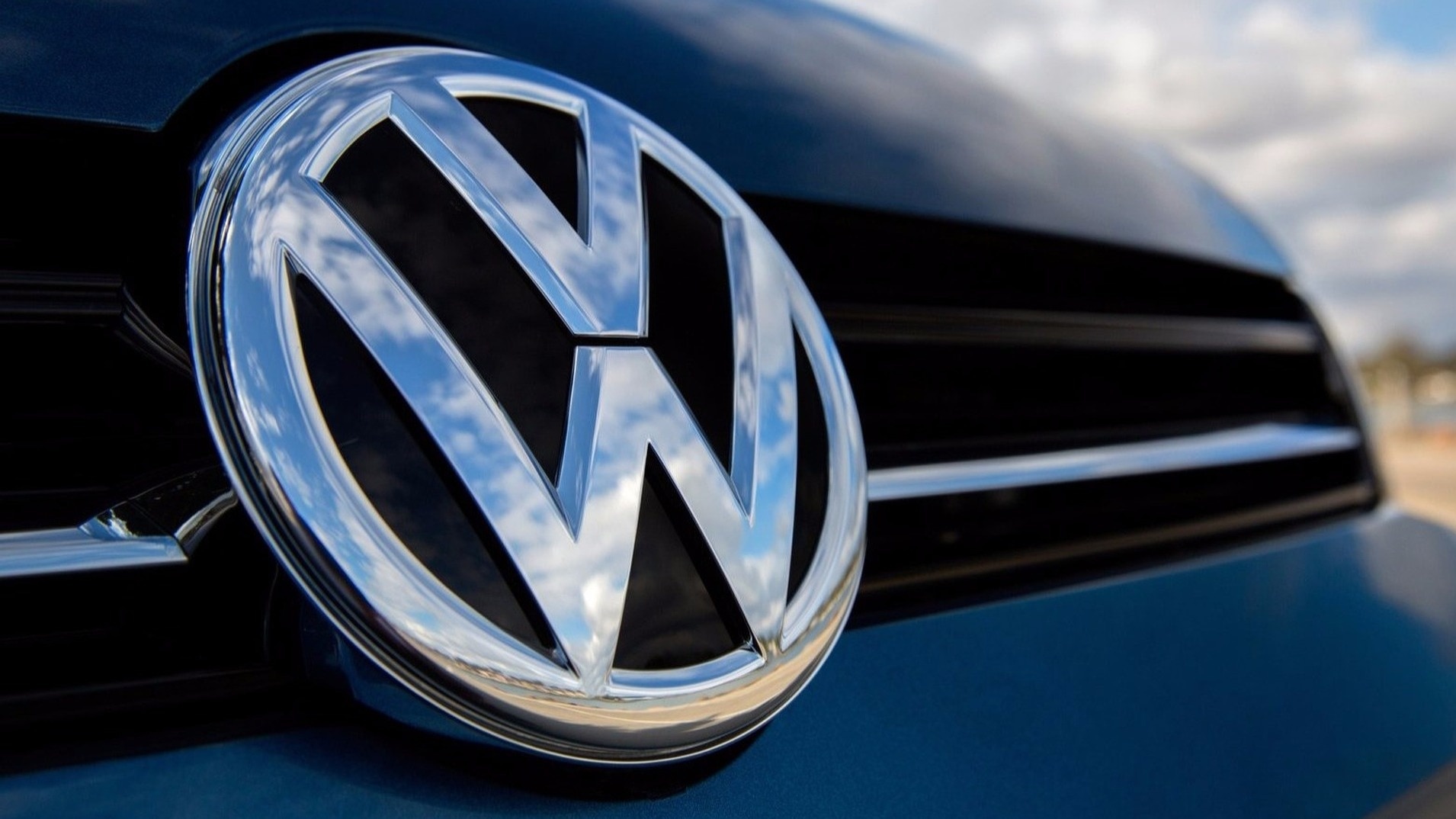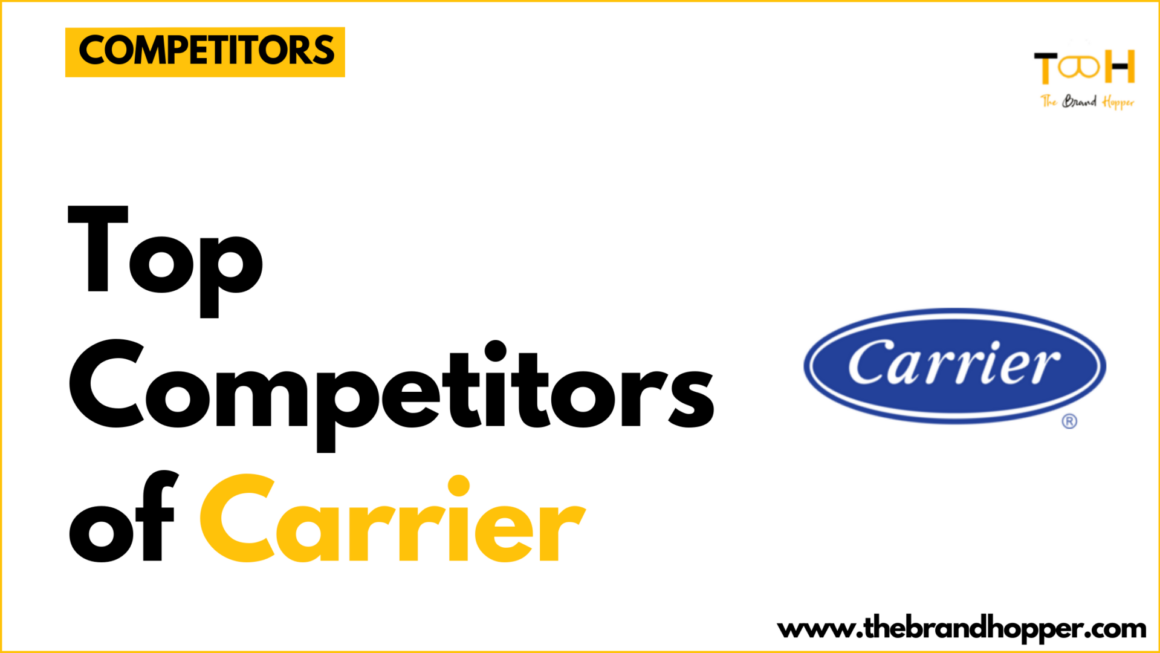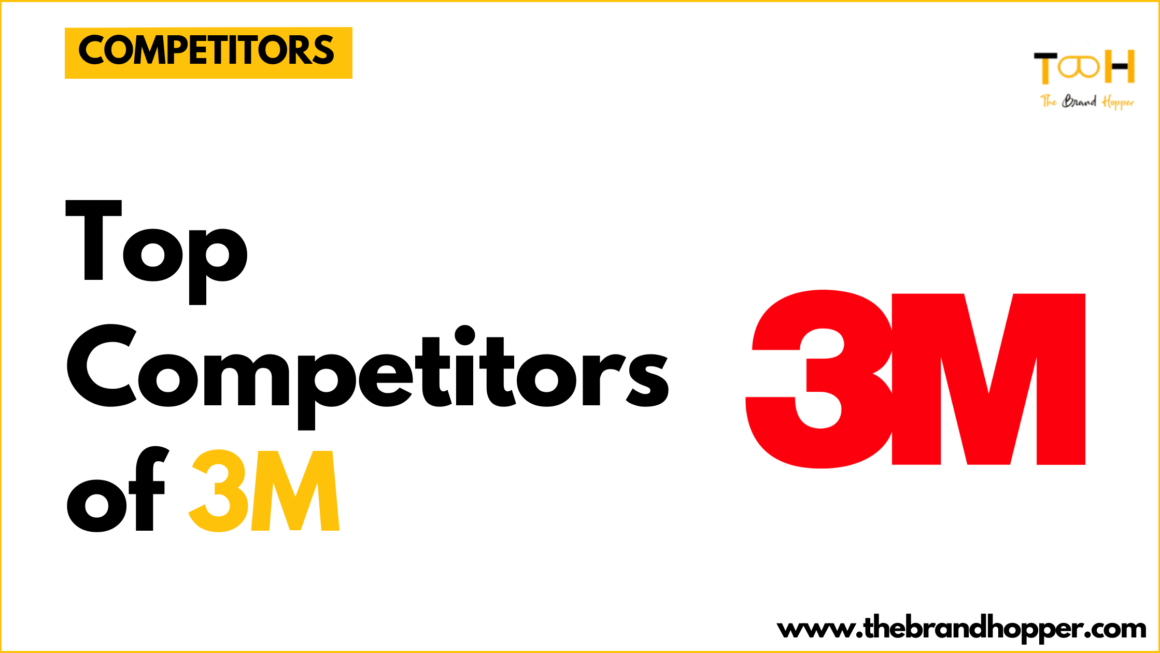Volkswagen (VW) is a German automobile manufacturer that was founded in 1937. The company is headquartered in Wolfsburg, Germany, and has become one of the world’s largest automakers, producing popular models such as the Golf, Jetta, Passat, and Beetle. Volkswagen owns some of the world’s most desirable automotive brands such as Audi, Porsche, Ducati and others.
Volkswagen has a long and storied history that dates back to the 1930s. The company was originally founded as a state-owned enterprise known as the Gesellschaft zur Vorbereitung des Deutschen Volkswagens mbH (“Society for the Preparation of the German Volkswagen Ltd.”). The goal of the company was to produce a vehicle that was affordable for the average German citizen, and in 1938, the company introduced the Volkswagen Beetle.
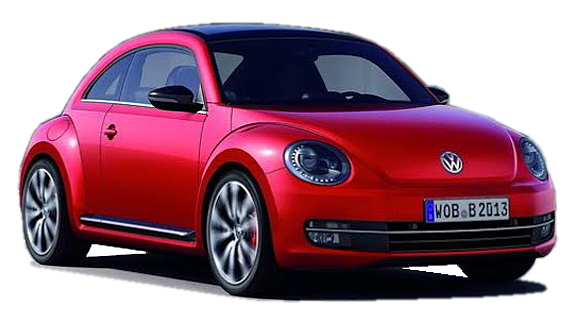
Over the years, Volkswagen has expanded its product lineup to include a wide range of vehicles, from small city cars to SUVs and luxury sedans. The company has also made significant strides in the area of electric vehicles, with the introduction of the VW ID.3 and ID.4, which are both fully electric vehicles.
As of 2021, Volkswagen is one of the world’s largest automakers, with a global market share of approximately 7%. only behind, Toyota. The company sold over 4.5 million vehicles worldwide in 2022, despite the challenges posed by the COVID-19 pandemic. Volkswagen has a strong presence in markets around the world, with production facilities in over 20 countries, including Germany, China, and the United States.
In recent years, Volkswagen has faced a number of challenges, including a major scandal involving the company’s diesel engines. In 2015, it was revealed that Volkswagen had installed software in its diesel engines that allowed them to cheat emissions tests. The scandal resulted in significant financial and reputational damage for the company, and Volkswagen has since made significant efforts to rebuild its reputation and regain the trust of its customers.
Despite these challenges, Volkswagen remains a major force in the global automotive industry, with a long and storied history of innovation and engineering excellence.
History of Volkswagen
The history of Volkswagen (VW) can be traced back to the 1930s, when Germany was undergoing a period of rapid industrialization under the Nazi regime. In 1934, the German government commissioned Ferdinand Porsche, a well-known automotive engineer, to design a car that would be affordable for the average German citizen. The result was the Volkswagen Beetle, which was introduced in 1938.
The original Volkswagen factory was located in the town of Wolfsburg, Germany, and was built specifically for the production of the Beetle. The factory was owned and operated by a state-owned enterprise known as the Gesellschaft zur Vorbereitung des Deutschen Volkswagens mbH (“Society for the Preparation of the German Volkswagen Ltd.”). The goal of the company was to produce a vehicle that was affordable for the average German citizen, and the Beetle was designed with this goal in mind.
The outbreak of World War II in 1939 disrupted production of the Beetle, as the factory was converted to produce military vehicles for the German army. After the war, the Volkswagen factory was taken over by the British military, who used it to produce vehicles for their own use. In 1945, the factory was handed over to the German government, and the production of civilian vehicles resumed.
In the years following the war, Volkswagen began to expand its product lineup, introducing new models such as the Karmann Ghia sports car and the Type 2 van. The company also began to expand its international presence, establishing production facilities in countries such as Brazil and Mexico.
In the 1960s and 1970s, Volkswagen continued to expand its product lineup, introducing popular models such as the Golf and the Passat. The company also began to explore the potential of new technologies, such as fuel injection and electronic engine management systems.
In the 1980s and 1990s, Volkswagen faced a number of challenges, including intense competition from other automakers and a decline in sales due to economic downturns in Europe and other regions. However, the company continued to innovate, introducing new models such as the Polo and the Beetle (which was reintroduced in 1998).
In the early 2000s, Volkswagen began to make significant efforts to expand its presence in emerging markets such as China and India. The company also began to explore the potential of new technologies such as hybrid and electric vehicles, introducing the Golf GTE hybrid in 2014 and the fully electric VW ID.3 in 2020.
In 2015, Volkswagen faced a major scandal when it was revealed that the company had installed software in its diesel engines that allowed them to cheat emissions tests. The scandal resulted in significant financial and reputational damage for the company, and Volkswagen has since made significant efforts to rebuild its reputation and regain the trust of its customers.
Today, Volkswagen is one of the world’s largest automakers, with a global market share of approximately 12%. The company remains headquartered in Wolfsburg, Germany, and has a strong presence in markets around the world. Despite its challenges, Volkswagen continues to innovate and push the boundaries of automotive technology, with a focus on sustainability and electric mobility.
Brands owned by Volkswagen
Volkswagen (VW) is one of the largest automakers in the world, with a wide range of brands under its umbrella. These brands include:
Volkswagen: The Volkswagen brand is the namesake of the company and is known for producing popular models such as the Golf, Jetta, Passat, and Beetle. Volkswagen has a strong global presence and is a major player in the automotive industry.
Audi: Audi is a luxury brand that is known for producing high-end vehicles with advanced technology and features. Audi models include the A3, A4, A6, and A8 sedans, as well as the Q3, Q5, and Q7 SUVs.
Bentley: Bentley is a British luxury brand that is known for producing high-end, handcrafted vehicles. Bentley models include the Continental GT and the Bentayga SUV.
Bugatti: Bugatti is a French luxury brand that is known for producing some of the most exclusive and expensive vehicles in the world. The Bugatti Chiron is one of the most powerful and fastest production cars ever made.
Lamborghini: Lamborghini is an Italian sports car brand that is known for producing high-performance vehicles with striking designs. Lamborghini models include the Huracan and Aventador supercars.
Porsche: Porsche is a German sports car brand that is known for producing high-performance vehicles with a focus on driving dynamics. Porsche models include the 911, Boxster, and Cayman sports cars, as well as the Cayenne and Macan SUVs.
Ducati: Ducati is an Italian motorcycle brand that is known for producing high-performance motorcycles with a focus on design and technology. Ducati models include the Panigale and Monster motorcycles.
Skoda: Skoda is a Czech brand that is known for producing affordable, practical vehicles with a focus on value. Skoda models include the Octavia, Superb, and Kamiq SUV.
SEAT: SEAT is a Spanish brand that is known for producing stylish and sporty vehicles with a focus on driving dynamics. SEAT models include the Leon, Ateca, and Tarraco SUV.
Volkswagen Commercial Vehicles: Volkswagen Commercial Vehicles is a division of Volkswagen that is focused on producing commercial vehicles such as vans and trucks. Volkswagen Commercial Vehicles models include the Transporter and Crafter vans.
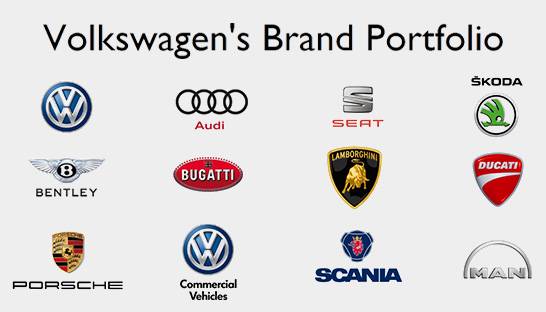
Each of these brands has its own unique identity and focus, but they are all part of the larger Volkswagen Group, which is one of the most influential and powerful players in the global automotive industry.
How is Volkswagen doing financially over the years?
Volkswagen (VW) financial performance over the years has been shaped by a variety of factors including global economic conditions, changes in consumer demand, and internal operational challenges. Here is a brief overview of how VW has been performing financially over the years:
2010-2015: VW experienced significant growth during this period, with revenues increasing from €126.9 billion in 2010 to €213.3 billion in 2015. However, in September 2015, VW was rocked by a major scandal when it was discovered that the company had installed software in millions of diesel engines to cheat emissions tests. This scandal resulted in a massive recall and fines, which had a significant impact on VW’s financial performance.
2016-2017: In the wake of the emissions scandal, VW reported a net loss of €1.6 billion in 2016, the company’s first annual loss in over 20 years. Despite this setback, VW was able to bounce back in 2017, with revenues increasing to €231 billion and net income of €11.4 billion.
2018-2019: During this period, VW continued to perform well financially, with revenues increasing to €235.8 billion in 2018 and €252.6 billion in 2019. However, the company faced a number of headwinds, including slowing demand in China and increasing trade tensions between the US and China.
2020: Like many other companies, VW was hit hard by the COVID-19 pandemic in 2020, with revenues falling to €222.9 billion and net income dropping to €4.4 billion. However, VW was able to mitigate some of the impact of the pandemic through cost-cutting measures and strong demand for its electric vehicles.
Despite the challenges that VW has faced over the years, the company has remained a major player in the global automotive industry. As of 2021, VW has a market capitalization of over €130 billion and continues to invest heavily in the development of electric and autonomous vehicles.
Dieselgate – The major scandal that rocked Volkswagen
The major scandal that rocked Volkswagen, known as “Dieselgate,” was a massive emissions cheating scandal that came to light in 2015. It was revealed that Volkswagen had installed software in its diesel engines that could detect when the cars were being tested for emissions and adjust the engine performance to meet regulatory standards. However, during normal driving conditions, the engines emitted up to 40 times more nitrogen oxide than permitted by US and European emissions standards.
The scandal had a huge impact on Volkswagen, both financially and in terms of its reputation. The company ultimately admitted to cheating on emissions tests for over 11 million vehicles worldwide, including Volkswagen, Audi, and Porsche models. The fallout from the scandal was significant, with Volkswagen paying billions of dollars in fines and settlements, and its CEO resigning in the wake of the scandal.
The aftermath of the scandal also included significant changes to the company’s leadership and structure. In 2016, Volkswagen announced a plan to restructure its business, with a focus on electric vehicles and mobility services. The company also appointed a new CEO, Matthias Mueller, who oversaw the implementation of new compliance and ethics programs.
The Dieselgate scandal also had a broader impact on the automotive industry and regulation. It led to increased scrutiny of emissions testing and the regulation of the automotive industry, as well as greater public awareness of the environmental impact of diesel engines. Many other automakers have also faced increased scrutiny in the wake of the scandal, with some facing their own emissions cheating allegations.
Overall, the Dieselgate scandal had a significant impact on Volkswagen, both in terms of financial penalties and reputational damage. The aftermath of the scandal has led to significant changes at the company, as well as broader changes in the automotive industry and regulatory environment.
Marketing Strategies of Volkswagen
Volkswagen (VW) is one of the largest automakers in the world and has employed a variety of marketing strategies over the years to promote its brand and products. Here are some of the key strategies that VW has used:
Brand Identity: Volkswagen has built a strong brand identity over the years that is known for innovation, quality, and reliability. The company has used this identity in its marketing campaigns to create a distinct image in the minds of consumers. For example, VW’s “Das Auto” campaign emphasized the company’s commitment to quality and innovation by showcasing the advanced technology and features of its vehicles. The campaign also highlighted the company’s long-standing history and expertise in the automotive industry.
Emotional Appeals: Volkswagen has used emotional appeals in its marketing campaigns to connect with consumers on a deeper level. For example, the company’s “Think Small” campaign in the 1960s used humor and nostalgia to promote the VW Beetle as an affordable and practical car that was also fun to drive. The campaign featured ads with the tagline “Think Small” and showcased the compact size and unique design of the Beetle, which was a departure from the large, flashy cars that were popular at the time. The campaign was a huge success and helped to establish the Beetle as an iconic car.
Product Placement: Volkswagen has used product placement in popular media to promote its products. For example, the company’s “Herbie” movie franchise featured a Volkswagen Beetle as the main character. The movies were a huge hit and helped to increase the popularity of the Beetle among consumers. VW has also used product placement in TV shows and music videos to showcase its vehicles and promote its brand.
Sponsorship and Events: Volkswagen has sponsored major events and organizations to promote its brand. For example, the company has been a major sponsor of the World Cup, which is one of the biggest sporting events in the world. VW has also sponsored the New York City Marathon, which is one of the largest marathons in the world. These types of sponsorships help to raise the company’s profile and create a positive image in the minds of consumers.
Digital Marketing: Volkswagen has embraced digital marketing as a key strategy to reach consumers. The company has used social media platforms like Facebook, Instagram, and Twitter to promote its products and engage with customers. For example, VW launched a social media campaign called “Beetle Shark Cage” to promote the launch of its new Beetle model. The campaign featured a Beetle being lowered into a shark cage, which generated a lot of buzz and engagement on social media.
Environmental Responsibility: Volkswagen has made environmental responsibility a key part of its marketing strategy. The company has promoted its electric and hybrid vehicles as a way to reduce emissions and protect the environment. For example, VW’s “Think Blue” campaign emphasized the company’s commitment to sustainability and encouraged consumers to make eco-friendly choices. The campaign featured ads with the tagline “Think Blue” and showcased the company’s electric and hybrid vehicles, as well as other eco-friendly initiatives.
Overall, these marketing strategies have helped Volkswagen to establish a strong brand identity and connect with consumers on an emotional level. The company’s marketing campaigns have also helped to promote its products and create a positive image in the minds of consumers.
STP Analysis of Volkswagen
STP analysis is a marketing tool that helps companies understand their target audience and develop effective marketing strategies. STP stands for Segmentation, Targeting, and Positioning. Here is a detailed explanation of each component of the STP analysis for Volkswagen:
Segmentation
Volkswagen uses a variety of segmentation variables to identify different customer segments. Some of the main segmentation variables used by the company include:
Geographic segmentation: Volkswagen segments its markets based on regions and countries. For example, the company sells different models and offers different features in North America than it does in Europe or Asia.
Demographic segmentation: Volkswagen segments its market based on age, income, and education levels. For example, the company targets younger customers with its more affordable and sporty models like the Golf GTI, while targeting older and wealthier customers with its luxury models like the Phaeton.
Psychographic segmentation: Volkswagen segments its market based on lifestyle and personality characteristics. The company targets consumers who value innovation, quality, and performance. For example, the company’s marketing messages often emphasize its history of innovation and performance, as well as its commitment to sustainability.
Behavioral segmentation: Volkswagen segments its market based on consumer behavior towards the brand and its products. For example, the company targets customers who are loyal to the brand, environmentally conscious, or interested in fuel efficiency.
Targeting
Once Volkswagen has identified its target customer segments, the company focuses its marketing efforts on these segments by offering appropriate products and marketing messages. Some examples of Volkswagen’s targeting strategies include:
Offering a range of vehicles to suit different customer needs: Volkswagen offers a wide range of vehicles, from affordable compact cars like the Polo and Up!, to larger SUVs like the Tiguan and Touareg. By offering a range of products, the company is able to target different customer segments with appropriate vehicles.
Targeting specific customer segments with tailored marketing messages: Volkswagen tailors its marketing messages to different customer segments based on their needs and characteristics. For example, the company may use different marketing messages to target younger customers who are interested in sporty and affordable cars, compared to older customers who are interested in luxury and comfort.
Offering special features and incentives to target customer segments: Volkswagen may offer special features or incentives to target specific customer segments. For example, the company may offer fuel-efficient models to target environmentally-conscious customers, or offer financing options to target budget-conscious customers.
Positioning
Volkswagen positions itself as a high-quality and innovative brand that offers a range of vehicles to suit different needs and lifestyles. Some of the key elements of Volkswagen’s positioning strategy include:
Emphasizing the company’s heritage and experience in the automotive industry: Volkswagen’s marketing messages often emphasize the company’s long history in the automotive industry, as well as its expertise in design and engineering.
Focusing on innovation and performance: Volkswagen positions itself as an innovative and performance-driven brand, with a strong emphasis on quality and engineering excellence.
Highlighting the company’s commitment to sustainability and environmental responsibility: Volkswagen’s marketing messages often emphasize the company’s commitment to sustainability and environmental responsibility, with a focus on reducing emissions and improving fuel efficiency.
Overall, the STP analysis helps Volkswagen to identify its target customer segments, focus its marketing efforts on these segments, and position itself as a high-quality and innovative brand that offers a range of vehicles to suit different needs and lifestyles. By using this approach, Volkswagen is able to develop effective marketing strategies that resonate with its target customers and drive sales.
Also Read: How Porsche Became a Global Icon: Exploring Marketing & Brand Strategies
Competitors of Volkswagen
Volkswagen faces a range of competitors in the automotive industry, ranging from other mainstream brands to luxury carmakers. Some of the main competitors of Volkswagen include:
Toyota: Toyota is a Japanese automaker that is known for its high-quality and reliable vehicles. The company is one of the largest automakers in the world, and produces a range of cars, trucks, and SUVs. Toyota is particularly strong in the hybrid vehicle market, with popular models like the Prius.
General Motors: General Motors is an American automaker that produces a wide range of vehicles under various brands, including Chevrolet, Buick, Cadillac, and GMC. The company is particularly strong in the pickup truck and SUV markets, with popular models like the Silverado and the Tahoe.
Ford: Ford is another American automaker that produces a wide range of vehicles, including cars, trucks, and SUVs. The company is particularly strong in the pickup truck market, with popular models like the F-150, and has also made significant investments in electric vehicles in recent years.
BMW: BMW is a German luxury carmaker that produces a range of high-performance vehicles, including sports cars and luxury sedans. The company is known for its advanced engineering and innovative technology, and is particularly popular among affluent customers.
Mercedes-Benz: Mercedes-Benz is another German luxury carmaker that produces a range of high-end vehicles, including luxury sedans, SUVs, and sports cars. Like BMW, Mercedes-Benz is known for its advanced engineering and innovative technology, and is popular among affluent customers.
Hyundai-Kia: Hyundai-Kia is a South Korean automaker that produces a range of affordable and high-quality vehicles, including cars, trucks, and SUVs. The company has made significant investments in electric and hybrid vehicles in recent years, and has been gaining market share in many regions.
Overall, Volkswagen faces significant competition in the automotive industry from a range of competitors, ranging from other mainstream brands to luxury carmakers. To remain competitive, Volkswagen must continue to innovate and invest in new technologies, while also maintaining its reputation for quality and reliability.
To read more content like this, subscribe to our newsletter

